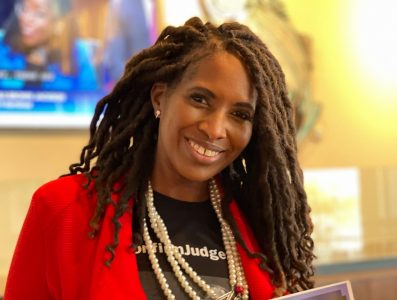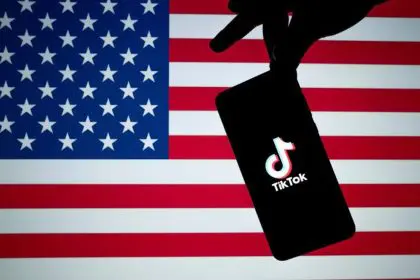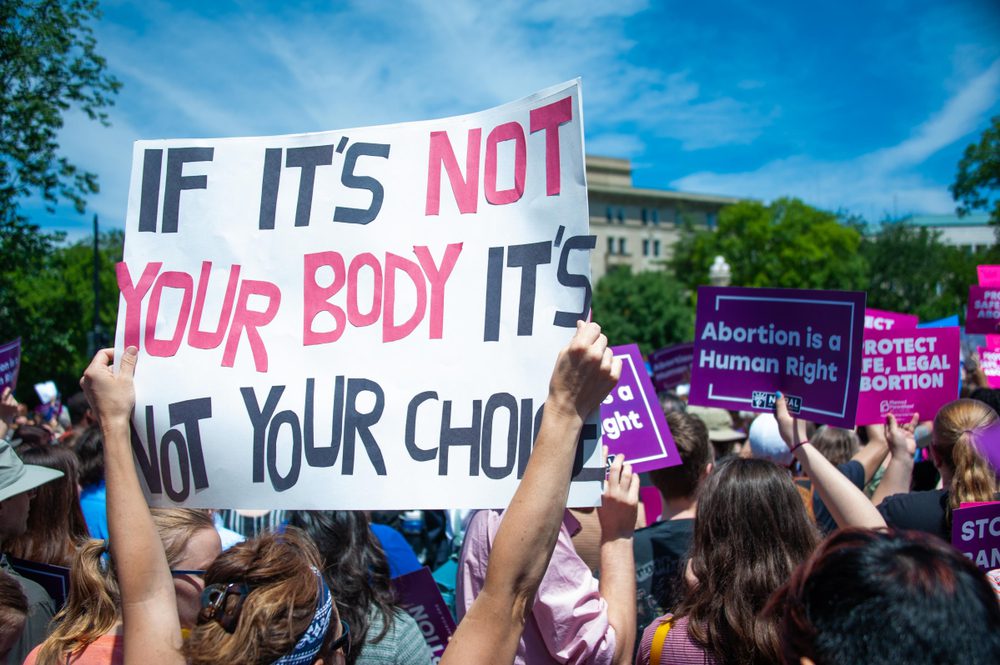
(CNN) — The U.S Supreme Court heard arguments on Tuesday and Wednesday about the constitutionality of two laws in the same-sex marriage debate. These are the federal Defense of Marriage Act or DOMA and California’s Proposition 8. The high court’s decision, expected later this year, could have a profound impact on the definition of families in America.
What is DOMA?
Congress passed the measure and President Bill Clinton signed it into law in 1996. DOMA defines marriage as only between a man and a woman. It forbids the recognition of same-sex marriages nationwide and bars married gay and lesbian couples from receiving federal benefits.
The marriages of an estimated 120,000 gay and lesbian couples in the nine states and the District of Columbia that allow same-sex marriage are not recognized by the federal government as military spouses, social security beneficiaries and for other purposes.
Clinton recently renounced the law as “incompatible with our Constitution,” saying “it was a very different time” when he put his signature on it.
It was seen at the time as a way to “defuse a movement to enact a constitutional amendment banning gay marriage, which would have ended the debate for a generation or more,” Clinton wrote in an op-ed column published earlier this month by The Washington Post. Only 81 of the 535 members of Congress opposed it, he said.
The law’s provisions restricting federal benefits to same-sex couples have been struck down by two federal appeals courts, leading to arguments on Wednesday before the U.S. Supreme Court.
The Obama administration declined to defend it in court, but congressional Republicans, operating officially as the Bipartisan Legal Advisory Group of the U.S. House of Representatives, have taken over the role normally filled by the Justice Department’s solicitor general.
What is Proposition 8?
Proposition 8 defines marriage in California only as between one man and one woman.
California voters approved it as a ballot initiate by 52-48% in November 2008, less than six months after the California Supreme Court ruled that marriage was a fundamental right that must be extended to same-sex couples.
Its approval immediately ended gay and lesbian marriages in the state, but a court ruled that marriage licenses for same-sex couples issued before then were still valid.
A federal district judge ruled in August 2010 that Proposition 8 violated the U.S. Constitution’s due process and equal protection clauses, but he decided to keep it place while the decision was appealed.
“Proposition 8 fails to advance any rational basis in singling out gay men and lesbians for denial of a marriage license,” U.S. District Judge Judge Vaughn Walker said. “Proposition 8 does nothing more than enshrine in the California Constitution the notion that opposite-sex couples are superior to same-sex couples.”
A federal appeals panel upheld Walker’s decision in February 2012, finding that it “works a meaningful harm to gays and lesbians” by denying their right to civil marriage. The appeals court left Proposition 8 in place pending a decision by the U.S. Supreme Court, which will hear arguments Tuesday.
Both former California Gov. Arnold Schwarzenegger and current Gov. Jerry Brown refused to defend Proposition 8 in court, although a private group was allowed by the court to mount a defense.
















